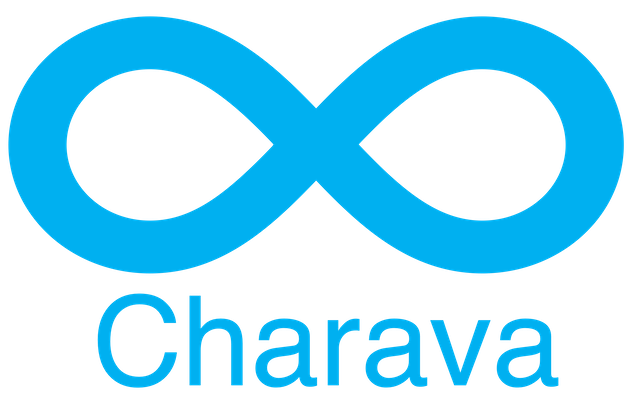#WorldCancerDay and Early Detection Awareness

Early detection is one of the most powerful tools in fighting cancer. Knowing your body, understanding your family health history, and making routine screenings part of your regular health regimen can make all the difference in early diagnosis and better treatment outcomes. In this post, we’ll explore five essential steps you can take today to stay proactive about your health and reduce your risks.
1. Know Your Body
Your body often gives you subtle signs when something isn’t right. Symptoms like unexplained weight loss, persistent lumps, unusual fatigue, or chronic pain should never be ignored. While these may seem minor or transient, they could indicate underlying health issues, including cancer. Listen to your body and trust your instincts. If anything feels off, don’t hesitate to seek medical advice. Early detection significantly increases the chances of successful treatment, so never underestimate the importance of recognising changes in your body.
2. Know Your Family History
Your family health history plays a key role in understanding your risk for certain cancers. If close relatives have been diagnosed with cancer, you may be at a higher risk and should take extra precautions. Be proactive in discussing your family history with your doctor. This information can help guide your health screenings, testing frequency, and the lifestyle changes that may lower your cancer risk. Knowing your family history is an empowering tool in the fight against cancer.
3. Change the Mindset Around Screening
Many people hesitate or fear the idea of cancer screenings, but the truth is, screenings are life-saving tools. Routine tests like mammograms, colonoscopies, skin exams, and pap smears are proven to detect cancer at its earliest, most treatable stages. Changing the mindset from seeing screenings as daunting or unnecessary to recognising them as proactive health measures can save lives. Remember, getting tested doesn’t mean you have cancer—it’s about taking control and addressing potential risks early on.
4. Schedule Routine Screenings
Routine screenings are vital in the fight against cancer. Even if you feel healthy and have no symptoms, screenings like mammograms, colonoscopies, and skin checks are crucial for catching cancer before it becomes a major health threat. Be sure to schedule these screenings at the recommended intervals based on your age, family history, and health background. A regular check-up could be the key to early detection, increasing your chances of a successful recovery.
5. Testing is Prevention, Not a Diagnosis
Testing is one of the most proactive steps you can take in preventing late detection of cancer. While it’s natural to feel anxious about medical tests, remember that getting tested does not mean you have cancer. It’s simply a way to rule out potential issues or catch them early. Early diagnosis means better treatment options, fewer complications, and greater chances of long-term health. Embrace testing as a preventive measure and take control of your health.
Conclusion:
Cancer prevention starts with awareness. By knowing your body, understanding your family history, regularly scheduling screenings, and changing the mindset around testing, you can significantly increase your chances of detecting cancer early. Don’t wait for symptoms to worsen or for something to go unnoticed—take the steps now to protect yourself and encourage your loved ones to do the same. Remember, early detection can make all the difference.
Helpful Resources:
